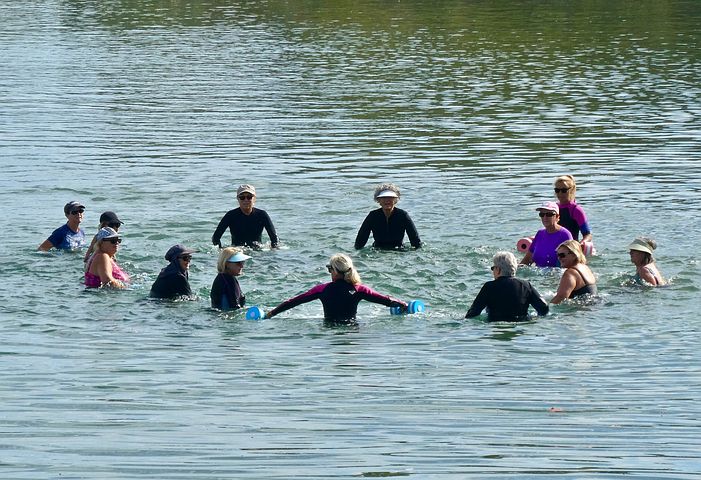 BE MORE MINDFUL.
BE MORE MINDFUL.
Yes, mindfulness is all the rage these days, but for good reason. Mindfulness has a host of health benefits, but among other things, it can help you control stress. When you practice mindfulness, you’re removing yourself from thinking about a stressful situation, reminding yourself to be grateful for the good things happening in your life, and shifts your perspective so that you can see things more clearly. All this works to calm your body and mind down and reduce stress.
DEEP BREATHING.
Sometimes, the simple act of taking some time to breathe deeply can make a huge difference? Why? It cues your body to slow down and relax. Taking deep belly breaths can help ease stress and anxiety, slow your heartbeat and stabilize your blood pressure. Its also that mindfulness trick again. Focusing on your breath helps to ground you and bring your attention to one thing, giving your mind a break and your body a chance to recoup. It’s easy to do, and you don’t have to do it for very long to reap the benefits. Just find a quiet spot, and slowly breathe in deeply through your nose, allowing your belly to expand. Then slowly let the air pass back through your nose as you exhale. Even a few minutes can be helpful in a pinch, but regular practice of this (daily for 10-20 minutes) can do wonders.
PERIODIC BREAKS.
Taking breaks not only help calm you down when you’re stressed, they can help make you more productive. When we work non-stop without taking a break, we’re pushing our brain to the limit, naturally tiring it out after a while, just like any other muscle in the body. But evidence suggests that taking periodic breaks helps to recharge our brain and become more focused. Taking a break may seem counter-productive to getting things done, but you’ll help yourself out in the long run by grabbing a glass of water or a healthy snack each hour, and you’ll feel much more relaxed and productive. It’s a win-win!
CALL A FRIEND.
Studies show that those with a strong social network tend to live longer than those without one. That’s because our friends help build us up, give us a sense of belonging, and help us deal with difficult situations. We don’t always have to go it alone, so when you’re feeling like you’re about to snap, pick up the phone and chat it up with someone who you know has your back. It’s a great stress reliever.
GET MOVING.
Regular exercise can do wonder for keeping your stress levels low, but even if you haven’t seen the inside of a gym in a while, taking a 5-10 minute brisk walk when you’re extra stressed can make a big difference. You’ll remove yourself from your stressful situation of the moment, get some fresh air, and release powerful stress-fighting endorphins.







 BE MORE MINDFUL.
BE MORE MINDFUL. When you practice mindfulness, you’re removing yourself from thinking about a stressful situation, reminding yourself to be grateful for the good things happening in your life, and shifts your perspective so that you can see things more clearly. All this works to calm your body and mind down and reduce stress.
When you practice mindfulness, you’re removing yourself from thinking about a stressful situation, reminding yourself to be grateful for the good things happening in your life, and shifts your perspective so that you can see things more clearly. All this works to calm your body and mind down and reduce stress.

